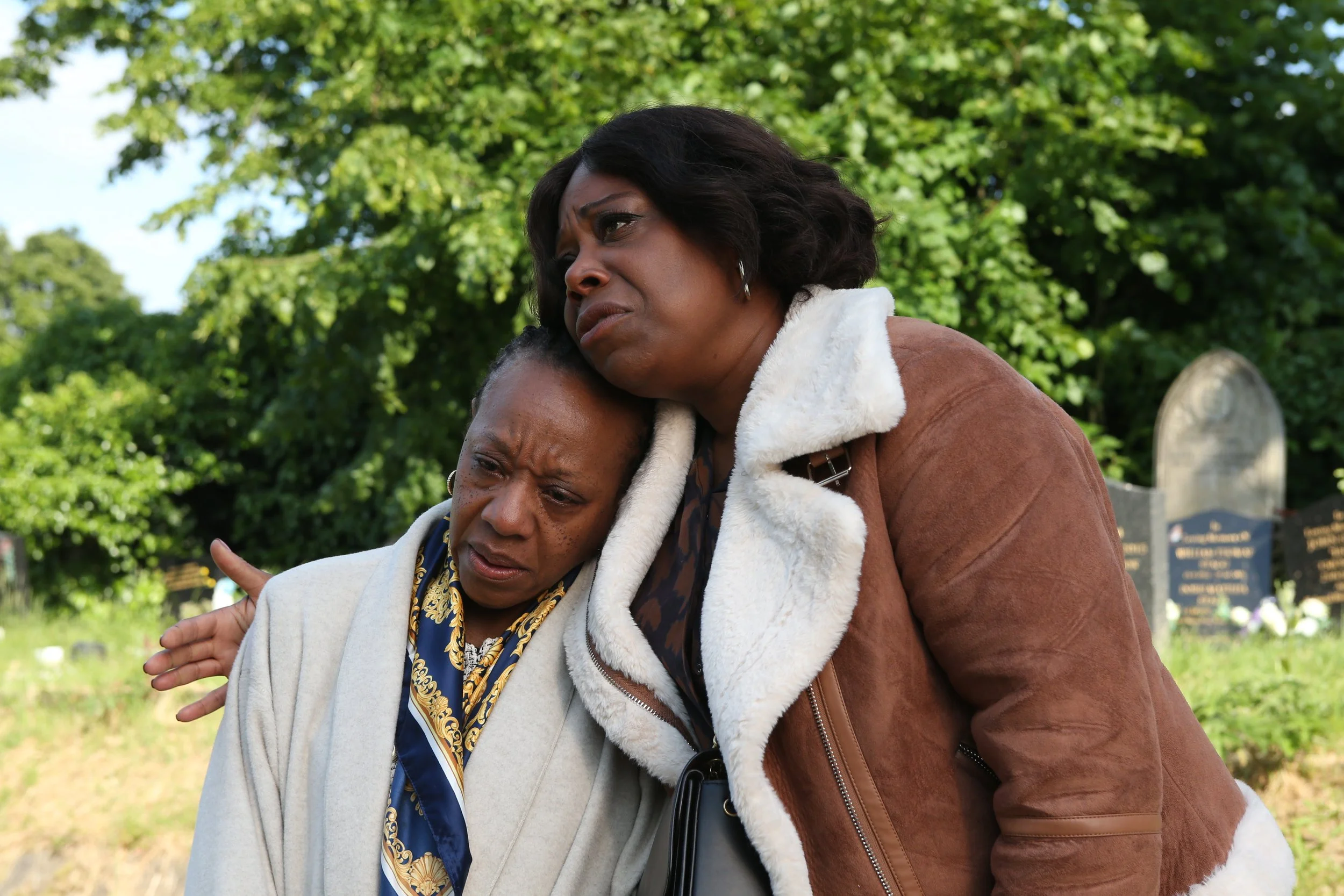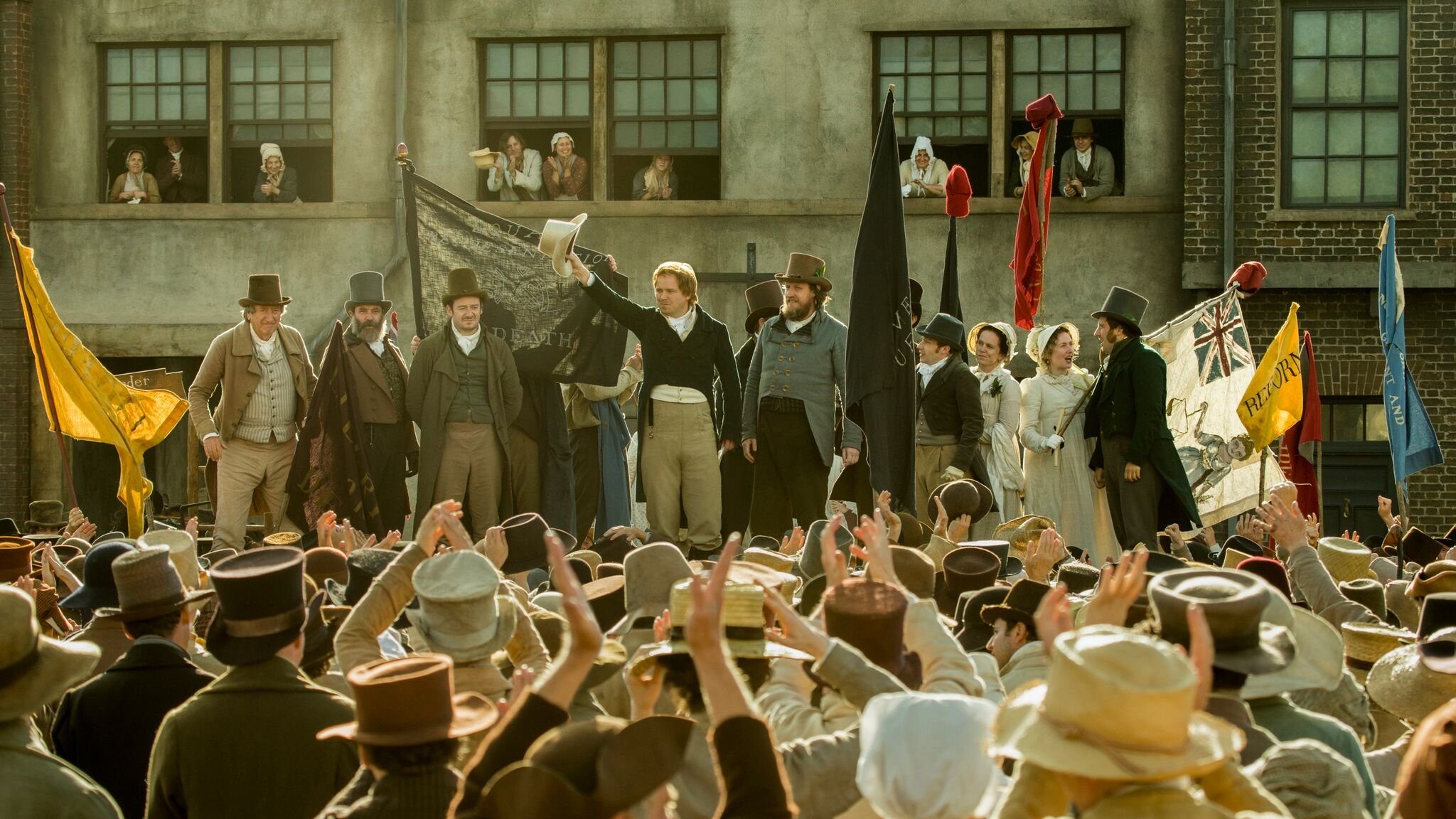When the Personal Becomes Professional
A Note on “Hard Truths”
I found myself torn.
On the one hand, I admired Gary’s music. On the other, he was a close personal friend.
I had made it a rule to never work with friends. If a friendship comes out of a collaboration, great. However, you run a high risk of damaging the friendship if in the course of a project certain hitches that may or may not be under anybody’s control lead to tempers running high. It is funny, of course, for it seems only logical that tempers ought to run much higher in personal matters for the stakes are invariable greater. Still, by working together you add one item to the list of things that could lead to dissent. Since I value my personal relationship with Gary and seek to protect it, for the longest time I didn’t offer to release his music on my label.
Gary and I met in early 2015, shortly after I had moved to London. My having seen Mike Leigh’s mesmerising “Mr Turner” fuelled my wish to speak with its composer about his intricate musical concept that I responded to on an emotional and intellectual level. After all, Gary’s music didn’t simply double what was on screen but served as a psychological portrait of the main character (Mr. Turner) all the while standing on its own as a complex and challenging musical concept in an unusual orchestration. What’s not to like?
At the time, I served as editor-in-chief of the European film music magazine, “Cinema Musica,” which proved sufficient reason for him to agree to an interview.
Gary Yershon during our interview in 2015. Photograph by Stephan Eicke
So, one afternoon we had tea at the Wellcome Gallery. I surmise he must have liked my questions. After all, we stayed in touch. I have never asked him why he let me become part of his life, but I wager that our similarities must have become apparent to him in the course of our first conversation. And I’m sure he appreciated that our interview was printed in the edition dedicated to music in porn, featuring a naked woman on the cover. It’s a little out of the ordinary, and Gary and I appreciate the unusual, the absurd and idiosyncratic. When I later spoke with Mike Leigh, he called Gary an eccentric. I have been called similar (and often worse) names.
Mike Leigh in 2019. Photograph by Stephan Eicke
In the course of one of our weekly conversations, Gary in mid-2024 mentioned that he didn’t have a label yet to release his score for Mike Leigh’s “Hard Truths.” It was in this moment that I blurted out against my better judgement: Why don’t we put it out on Caldera?
Why did I say this? I would have to ask my analyst rather than speculate here about possible subconscious decisions for self-sabotage.
I had released some of Andrew Dickson’s music for Mike’s films on Caldera. My fondness for the director and his films certainly played no small part.
I’m happy to report that our friendship has survived “Hard Truths.” One of the reasons is that I was happy to indulge Gary by accepting most – if not all – of his wishes and suggestions. (Should we move this cue here? Shall we remove that piece? What about combining these two short recordings?) Then again, we wouldn’t have been friends for ten years if I hadn’t trusted his judgement. It wasn’t a sacrifice I had to make. I also felt I had matured enough to be confidently submissive rather than raise my voice and force through decisions simply to show who was the boss.
That is not to say that working together was always easy, for Gary is an incorrigible fusspot who will tell you that he had a think and decided he does rather prefer having a carpet after you have spent a week laying parquet flooring. (Should we move this cue there? Shall we put that piece in again? What about separating these two short recordings?)
It is all for the sake of art, and I dare say it has been worth it. Together we created a beautiful album that connects two film scores and two theatre scores written for Mike Leigh productions, as well as a concert piece that Gary dedicated to Mike. And if a collaboration between friends proves a success, it is one further thing that connects you. And that is beautiful.
Response
Gary Yershon: I didn’t and don’t share Stephan’s anxieties about working with friends. Some collaborations are pleasurable, some are not, regardless of how intimate we are with our collaborators. I was confident this one would end well. Stephan is fundamentally kind.
The fact that Caldera is Stephan’s record label made the whole process very straightforward. Any decision that had to be made which related to selling the album would obviously need to be made by him. I know nothing about packaging, marketing, that sort of stuff. It would have been ludicrous for me to make suggestions which encroached on his expertise in those areas.
Photograph by Niki Cornish
Caldera still offers physical objects, CDs, to its customers. For all the convenience offered by the streaming platforms, I’m ancient enough to find joy in opening a jewel-case, reading liner notes presented in a well-designed booklet. A playlist of digital files held somewhere in the cloud occupies no space at home, but convenience isn’t everything, as evidenced by proselytisers for vinyl LPs and movies on celluloid.
Stephan came up with the idea of adding unreleased tracks from “Peterloo” to the “Hard Truths” OST. Excerpts from the score of “Peterloo” had been issued as a digital-only EP, so I was grateful to Caldera for the opportunity to make some more of the music available. I can’t remember whose idea it was to include music from the two of Mike’s stage plays I wrote scores for. I was delighted by the suggestion, whoever came up with it. It is rare for such theatre scores to be recorded; even rarer for them to be released commercially. Completing the album with my wind quintet, “Ready for Anything,” which is dedicated to Mike, was the icing on the cake.
Hard Truths
Experiencing film music while watching the film it was composed for can be a very different experience from listening to a soundtrack album of the same music. Not least because it might not be the same music, in the sense of being exactly what was heard in the cinema. I first became aware of this at around the age of 12, when I acquired the album of Henry Mancini’s music for “The Great Race.” One of my favourite tracks, Pie in the Face Polka, was shorter on the album than in the movie. Another track, the song He Shouldn't-a, Hadn't-a, Oughtn't-a Swang on Me, boasted differences in Johnny Mercer’s lyrics. Years later, I read a book which placed Mancini as a pioneer in the commercial exploitation of soundtrack albums. He positioned them as listening experiences, musical consumer items. (Jeff Smith, The Sounds of Commerce: Marketing Popular Film Music [Columbia University Press, New York 1998, Chapter 4.) He would re-record a film’s score at separate sessions, specifically for album release. This would give him the opportunity to shape them in ways that the film narrative didn’t permit. For example, in “The Great Race,” Pie in the Face Polka has several sections of vamp-till-ready bars under dialogue which are dispensed with for the album. This separation between the music-on-film and music-on-album opened up the possibility of re-ordering music cues; rather than in the sequence in which they appear in a film, instead in the best order possible for both atheistic and commercial advantage. This very album has examples. In Praise of the Weavers is a song sung in “Peterloo.” It was recorded on location by the film’s brilliant sound recordist, Tim Fraser. It worked excellently in the film, but there was too much ambient sound for the EP release, so some months later Dorothy Atkinson came into Air-Edel Studios in London and Nick Taylor re-recorded it for me. And the track orders of “Two Thousand Years” and “Peterloo” are slightly different to how they appear in the play and film respectively.
Peterloo
Films and plays and concert pieces and albums represent the contributions of many, many people. I think it’s a step forward that end credits on movies can take several minutes, whereas in, say, the 1940s they were short and sweet. These days, everyone is acknowledged. Composers can take advantage of this to write an extended piece of music. One of my favourite examples is Dario Marianelli’s superb end credits for “Atonement,” an altogether outstanding film score. The rest of us stand in the shadow of such work.
More
Interview with Gary Yershon from 2015 (in German only)







